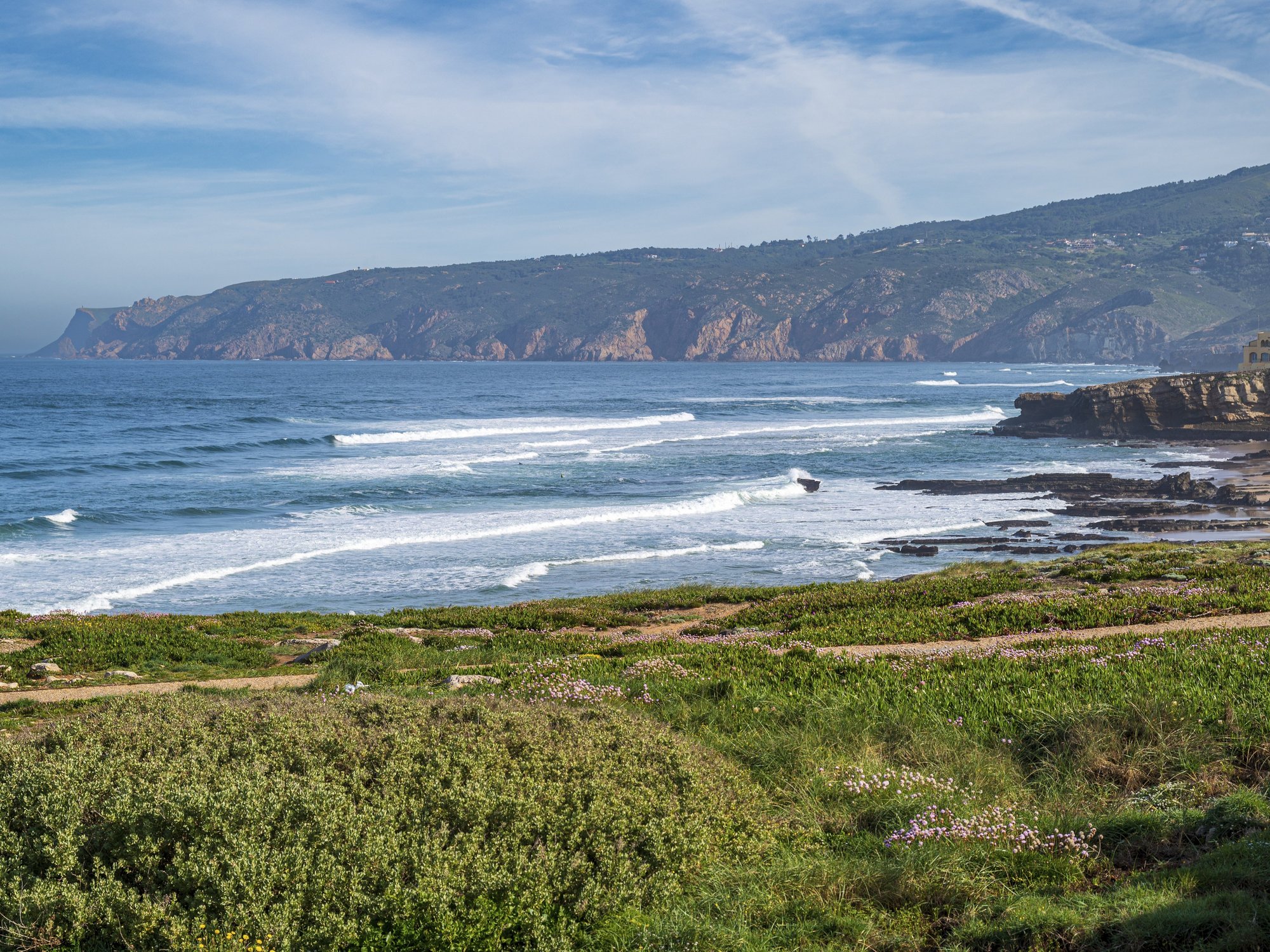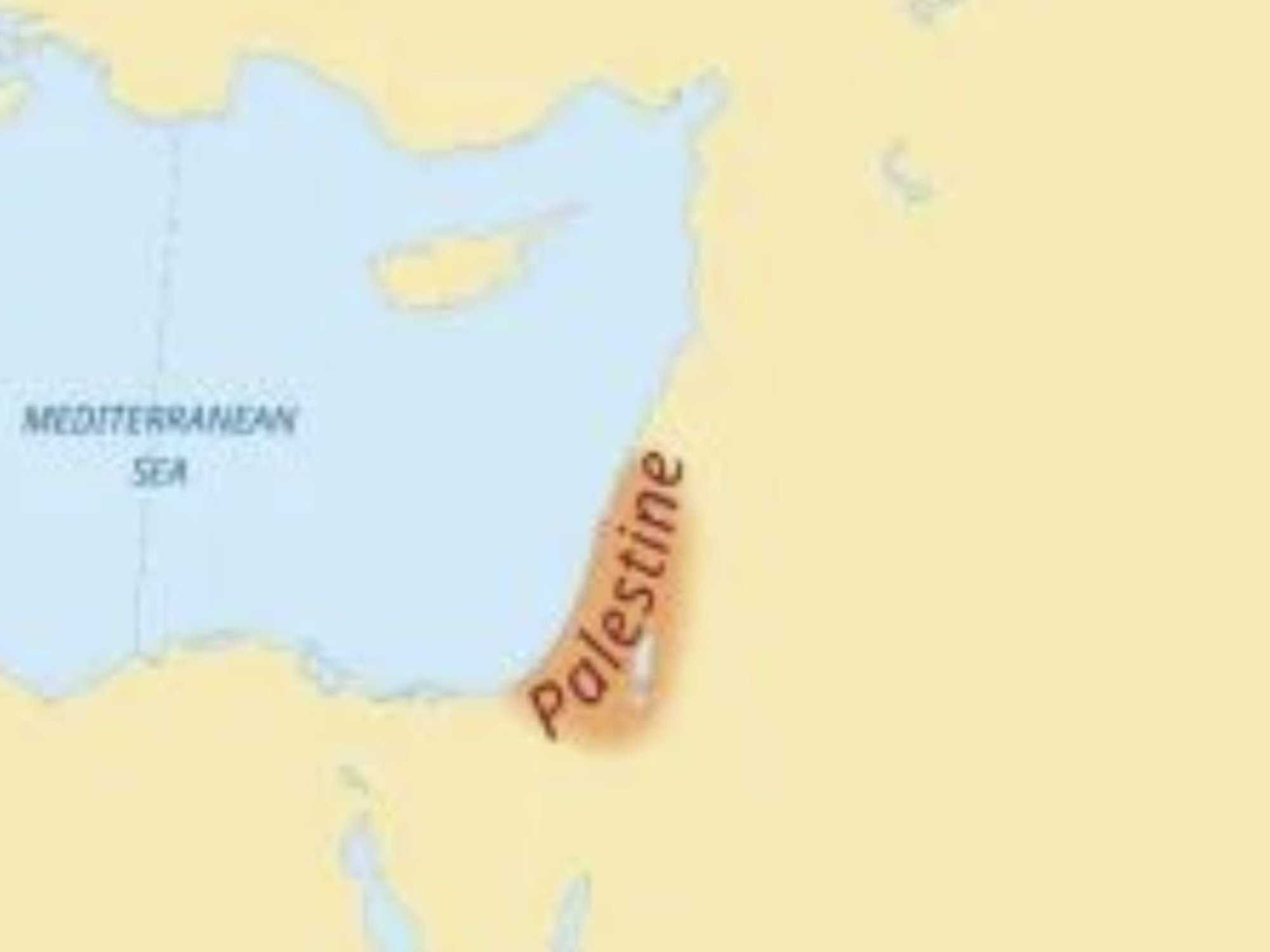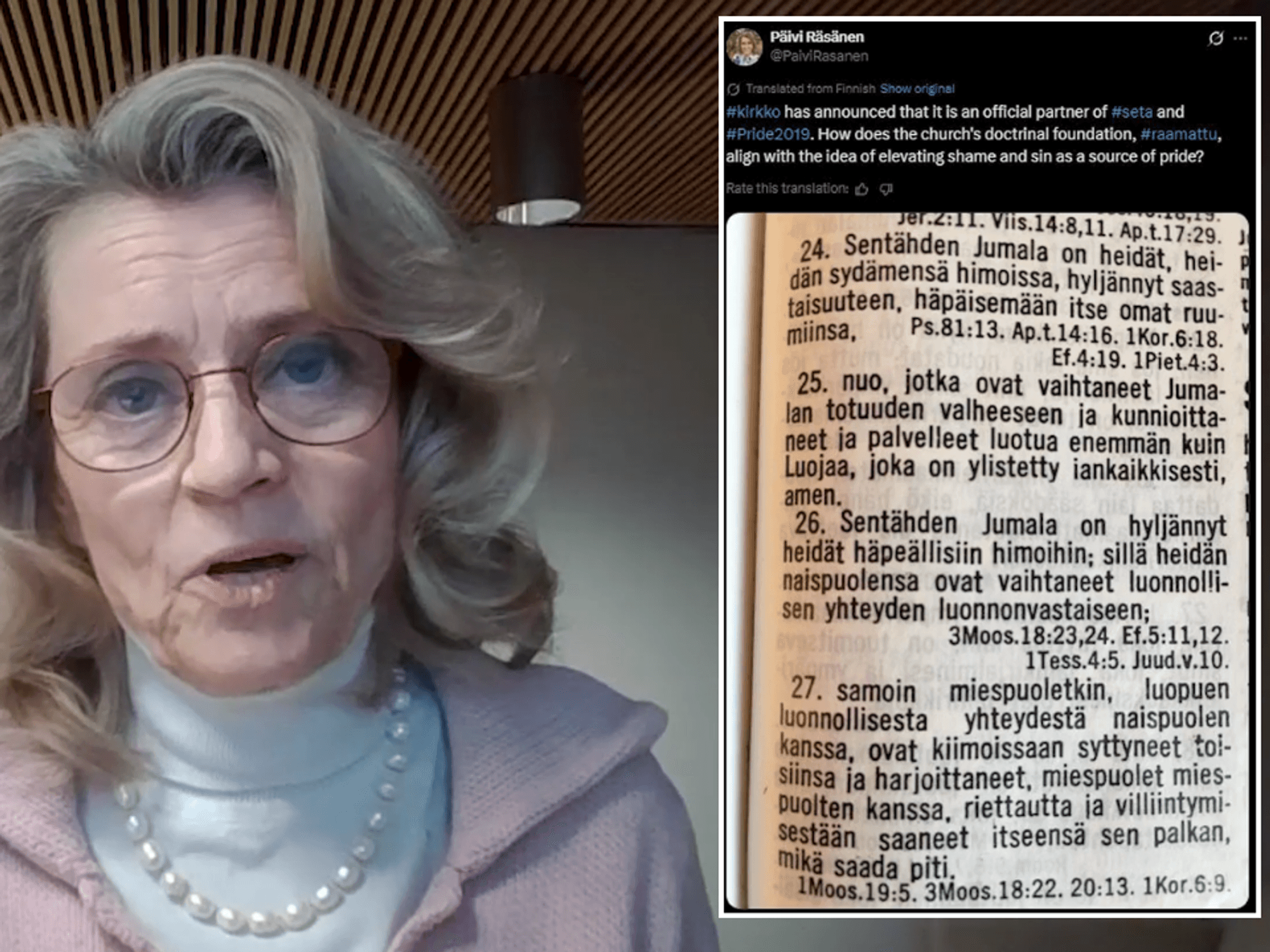Legal adviser exposes 'wiggle room' in existing law which allows Britain to block migrants in the Channel
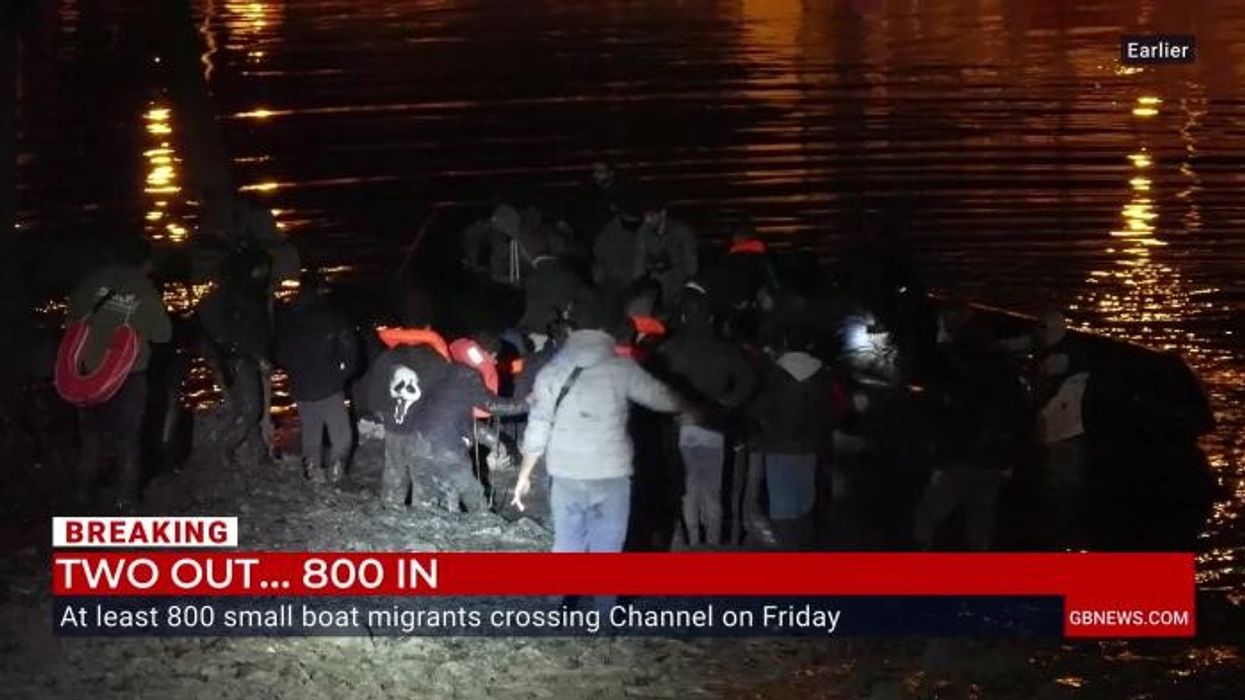
WATCH NOW: Fadi Farhat says there may be 'wiggle room' in existing law to allow the UK to block migrants in the Channel
|GB NEWS

GB News can reveal that more than 800 migrants are set to cross into Britain as soon as today
Don't Miss
Most Read
Trending on GB News
The Labour Government could potentially block small boat migrants from crossing the Channel into Britain using "wiggle room" in existing UK law, an expert has claimed.
Speaking to GB News, Senior Legal Consultant in Immigration and Asylum Fadi Farhat revealed that there could be opportunity to block the illegal crossings using the Universal Declaration of Human Rights (UDHR).
As Labour reaches a new milestone in its "one in, one out" deportation scheme, GB News can reveal that at least 800 others are currently crossing the English Channel on small boats, set to arrive as soon as today.
GB News has been told that Border Force is braced for a "significant day of migrant activity".
TRENDING
Stories
Videos
Your Say
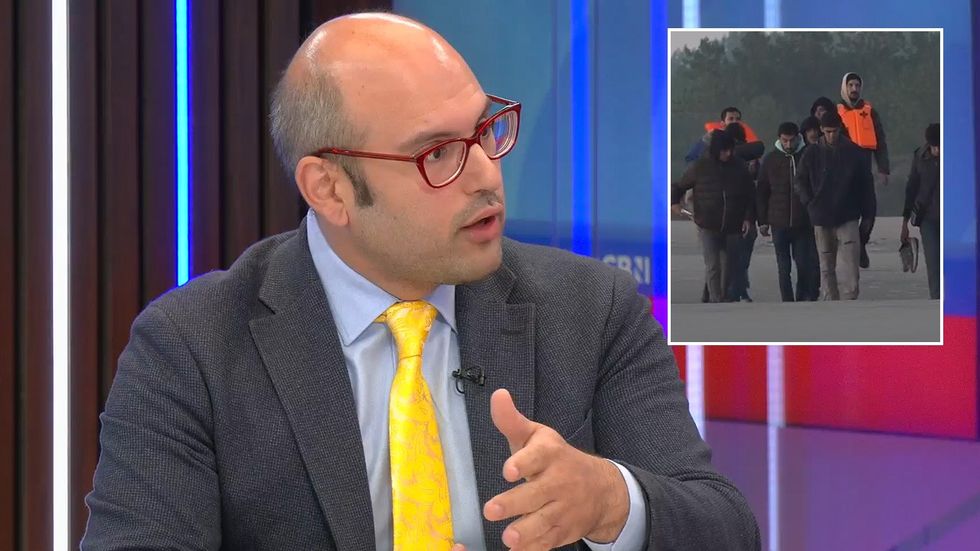
Fadi Farhat has revealed there is 'wiggle room' in existing law to allow the UK to block migrants in the Channel
|GB NEWS
Detailing the "wiggle room" the Government could use, Mr Farhat told GB News: "The conventional orthodox view is that it's not legally possible in terms of what the law currently is, because effectively what you're doing is you're creating almost like a sea wall.
"The Navy will create that seawall on the edge of British waters, effectively intercepting a boat or the boats as they come in, or what's called interdiction.
"The orthodox view is that you wouldn't be able to do that under Article 33 of the Refugee Convention, Article 14 of the Universal Declaration on Human Rights, which provides a right to asylum. So, in effect, by doing that, you're nullifying the right to asylum."
He continued: "My view is that there's room for wriggle room. Why? Because I regard the Article 14 right to seek asylum as a right.
"I don't deny it, but it was never envisaged that the right would be exercised through mass organised crime.
"There is, for example, the UN protocol on the Smuggling of Migrants by Land and Sea, which suggests that you can exercise some intercepted practices if there's reasonable grounds that it's the product of organised crime. So I don't think this question is as legally settled as people think it is."
LATEST DEVELOPMENTS:
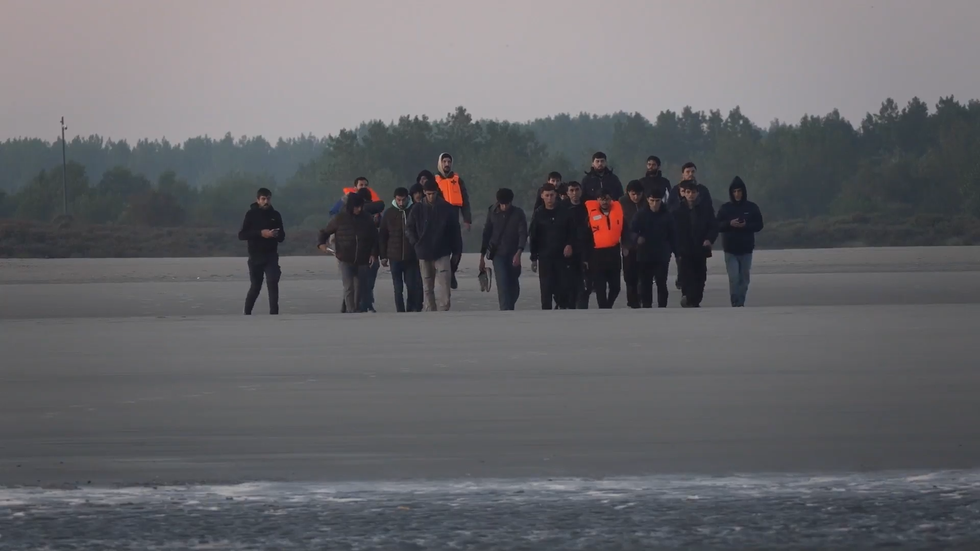 Over 800 migrants are predicted to cross the Channel as Labour marks the second 'one in, one out' deportation | GB NEWS
Over 800 migrants are predicted to cross the Channel as Labour marks the second 'one in, one out' deportation | GB NEWSStressing that his perception of the legislation is a "minority view", Mr Fadi stated: "There's room for debate, and I'm in a minority view here, but I think there's room to look at the principles that we've established and say, hang on, this isn't necessarily about the right to seek asylum.
"We're talking first and foremost about what comes first, the chicken or the egg. This is about combating organised crime at a large scale."
Asked by host Dawn Neesom if the French can "also refuse the migrants" if Britain does block and return small boats, Mr Fadi said: "In reference to the organised crime principle, France is also under a duty to stop organised crime at that level as well, so it's going to be almost like a legal debate.
"My point was that it's not as settled as meets the eye when people look at these things in terms of clear cuts.
"It seems to be the case where people say 'it's a breach of international law', these kind of blanket statements, it's a bit more nuanced than meets the eye."
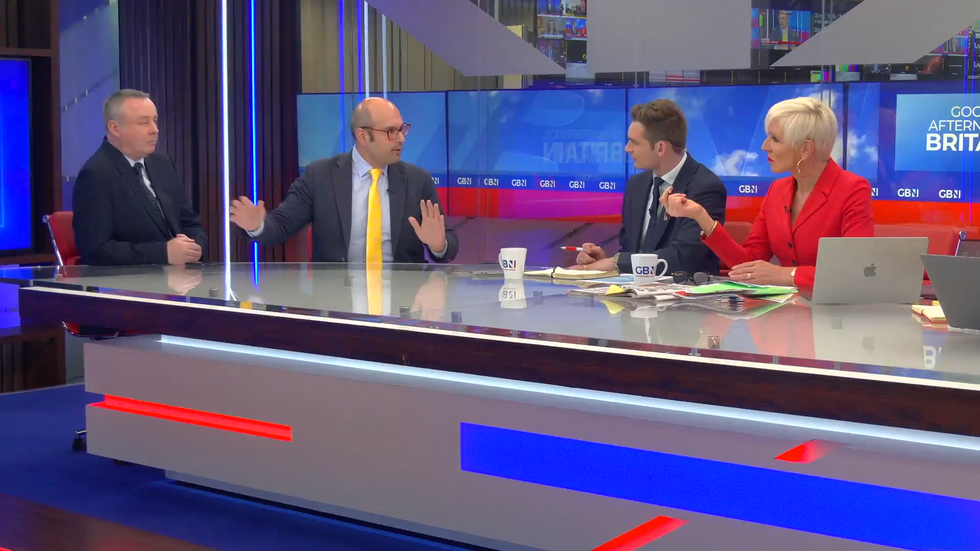
Mr Farhat told GB News that the legislation is 'more nuanced than meets the eye'
|GB NEWS
Questioned on whether withdrawing from the ECHR would make a difference to legislation, the Senior Legal Consultant said: "It would make some difference, but it wouldn't be the complete picture.
"We're looking at a jigsaw, and the ECHR is distinct from the 1951 Refugee Convention. There are overlapping principles in terms of safe third country, in terms of Article 3, which is the right to not be tortured or subjected to degrading human treatment, but that would be one piece of the legal jigsaw, as it were."
He concluded: "Some argue that in pulling out of it, you would effectively go back to the drawing board and leave people in danger, and there'd be a sort of period of having a blank legal framework.
"Which in terms of what people are facing in other parts of the world, might expose them to danger. But in terms of the law, if there's political will, you can always find a way. If there's a will, there's a way."
More From GB News








